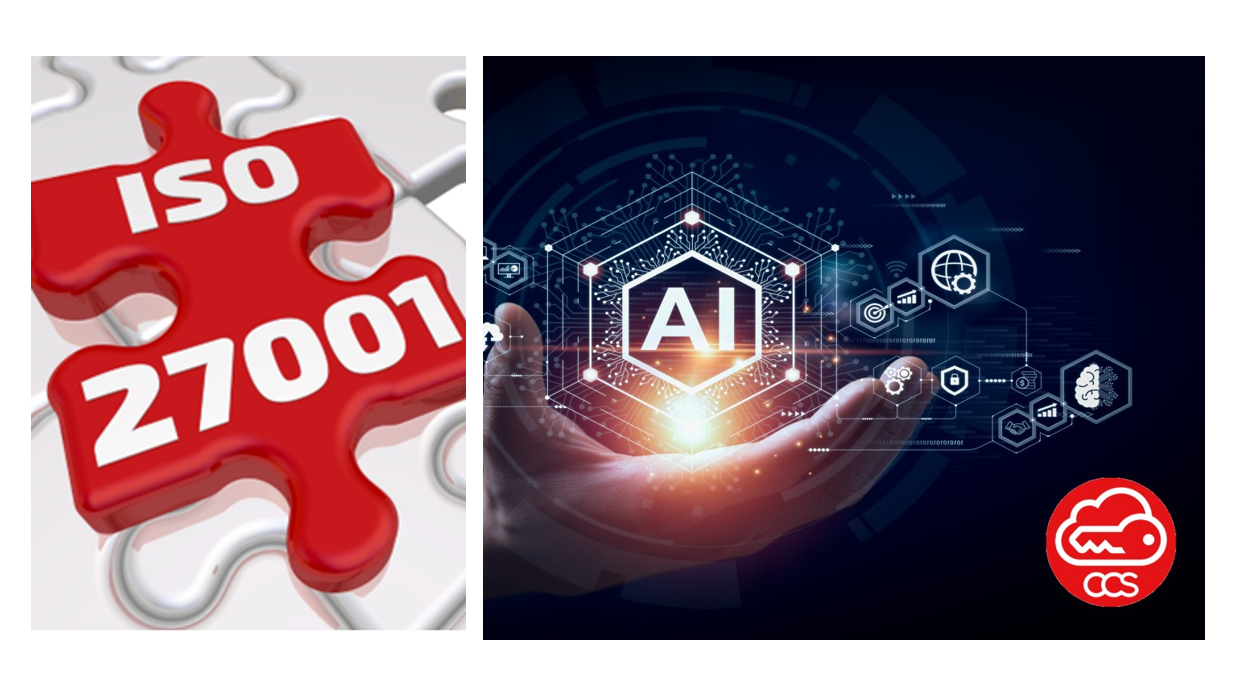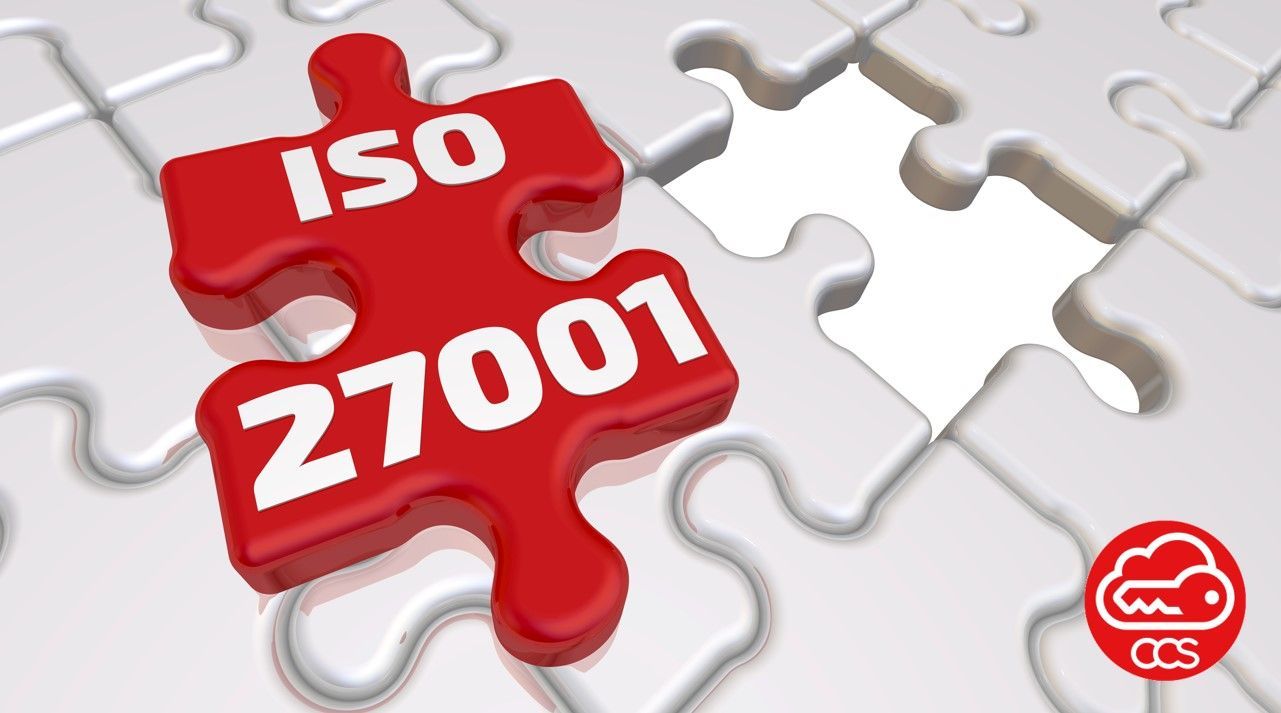Enhancing AI Security:
Leveraging ISO 27001 for Improved Cybersecurity
With the rapid proliferation of Artificial Intelligence (AI) tools and technologies is transforming industries, revolutionizing processes, and unlocking new opportunities. However, with this technological advancement comes a growing concern for security implications. Ensuring the confidentiality, integrity, and availability of AI systems and data is paramount, and organizations can turn to ISO 27001, an internationally recognized standard for information security management systems (ISMS), to strengthen their AI security posture.
Understanding ISO 27001
The standard provides a structured framework for organizations to establish, implement, monitor, maintain, and continually improve their information security processes. While it's typically associated with traditional IT security, it is equally applicable to the evolving landscape of AI.
Here's how ISO 27001 can help organizations enhance the security of their AI deployments:
- Risk Assessment: Identifying AI-specific Risks
- The foundation of this standard is a thorough risk assessment. Organizations can leverage this process to identify and assess the unique security risks associated with AI. These might include data privacy concerns, algorithmic bias, and vulnerabilities in AI models. By understanding these risks, organizations can develop targeted security measures.
- Security Policies and Procedures: AI-specific Guidelines
- It mandates the development and documentation of security policies and procedures. When implementing AI tools, organizations can use this requirement to create policies and procedures tailored to AI, covering data handling, model deployment, access controls, and incident response.
- Access Control: Protecting AI Resources
- Proper access controls are essential in AI security. The standard guides organizations in defining and enforcing access rights and permissions for AI systems, ensuring that only authorized personnel have access to sensitive AI components, data, and results.
- Data Protection: Safeguarding AI Data
- Data protection is a central concern in AI security. It can be applied to establish data classification schemes and encryption standards for AI-related data, safeguarding training data, test data, and AI-generated outputs.
- Incident Response: Addressing AI-specific Incidents
- This standard requires organizations to develop an incident response plan. Organizations can adapt this plan to address AI-specific incidents, such as model vulnerabilities, adversarial attacks, or data breaches related to AI-generated content.
- Third-Party Risk Management: Vendor Security
- Many organizations use third-party AI solutions or cloud services. This standard provides guidance on evaluating and managing the security of third-party vendors, enabling organizations to ensure that their AI service providers meet the necessary security standards.
- Security Awareness and Training: Educating Staff
- Security awareness and training are critical. This standard emphasizes the importance of educating employees about the unique security considerations associated with AI technologies, fostering a security-conscious organizational culture.
- Continuous Monitoring and Improvement: Adapting to Evolving Threats
- It promotes a cycle of continuous monitoring and improvement. Organizations can apply this approach to regularly assess and enhance the security of their AI systems as new risks and vulnerabilities emerge.
- Compliance with Regulations: Aligning with AI-related Laws
- Many regions have introduced regulations related to AI and data protection, such as GDPR. It helps organizations align their AI practices with legal and regulatory requirements, ensuring compliance and mitigating legal risks.
- Documentation and Auditing: Demonstrating Due Diligence
- It requires organizations to maintain comprehensive documentation of their security measures. This documentation serves as evidence of due diligence in AI security practices, aiding in audits and compliance assessments.
In conclusion, ISO 27001 offers a robust framework for addressing the security implications of AI tools and technologies. By integrating AI security considerations into their existing ISMS based on ISO 27001, organizations can enhance their AI systems' security, protect their data and operations, and effectively mitigate potential security risks.
As AI continues to reshape industries, combining the power of AI with the principles of ISO 27001 can help organizations navigate the complex landscape of AI security with confidence.



